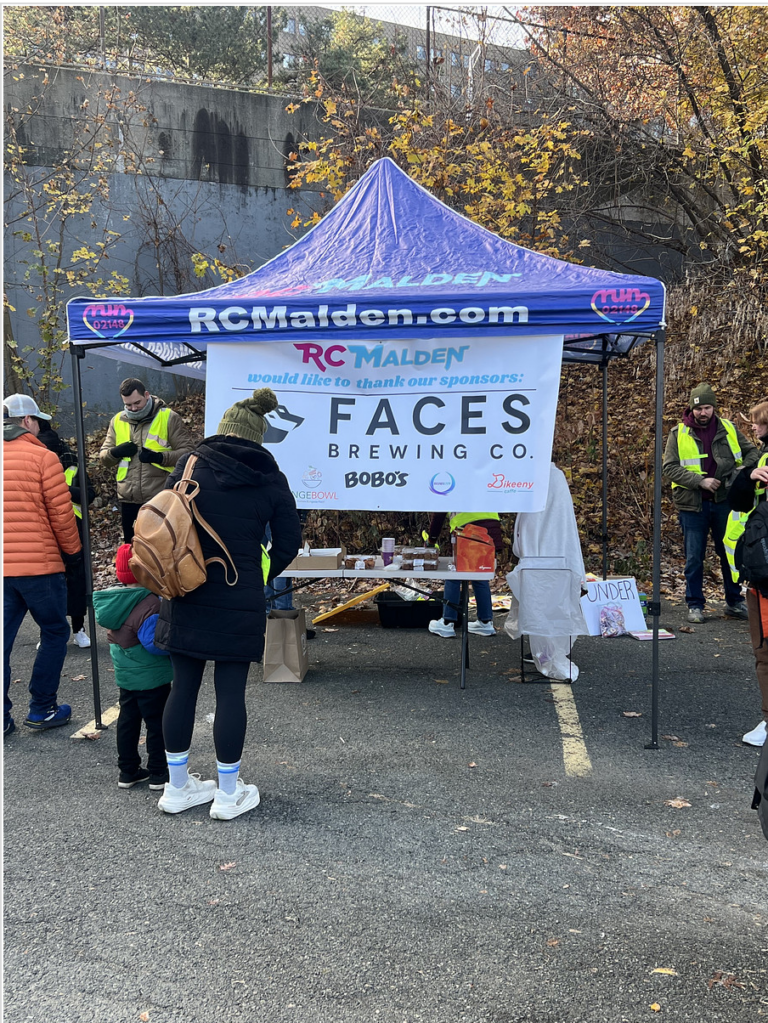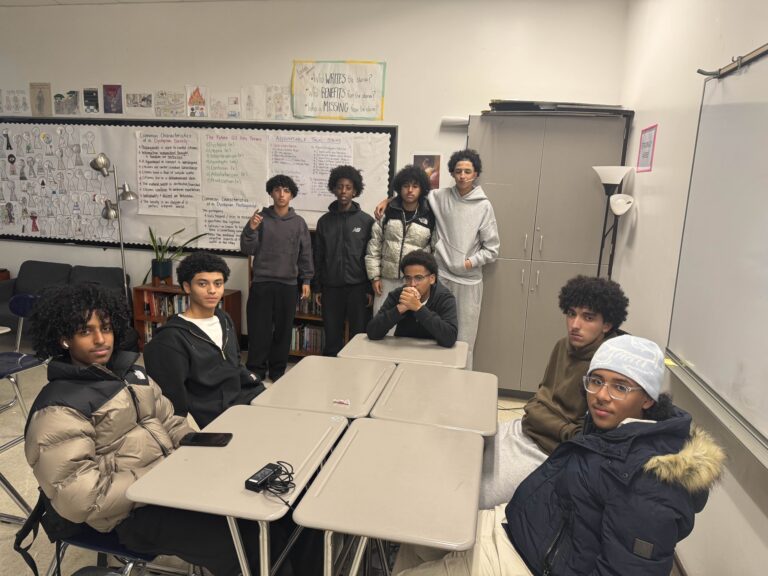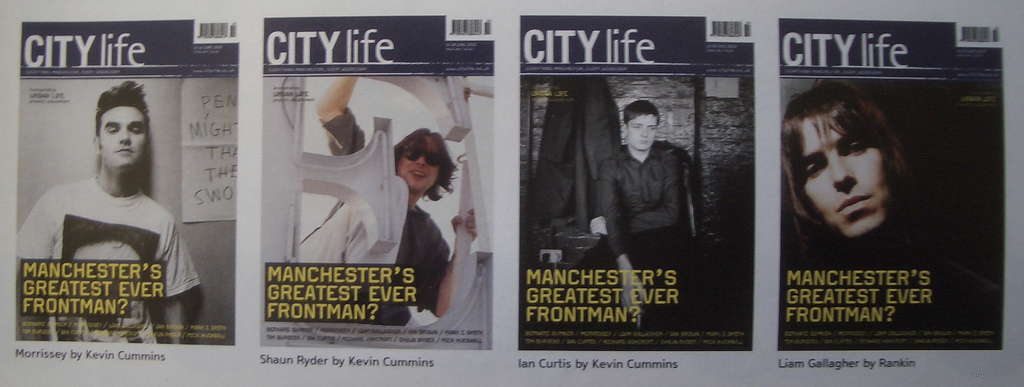
“This is Manchester… we do things differently around here.” – Tony Wilson
Americans would always remember iconic music scenes that come out of American cities, like Seattle, WA with grunge and Brooklyn, New York with hip hop. However, only a few like myself would know about the revolutionary music scene that took place in the city of Manchester in England. It all started on June 4, 1976, the day the Sex Pistols performed at the Free Trade Hall, a performance nicknamed “The Gig that Changed the World”.
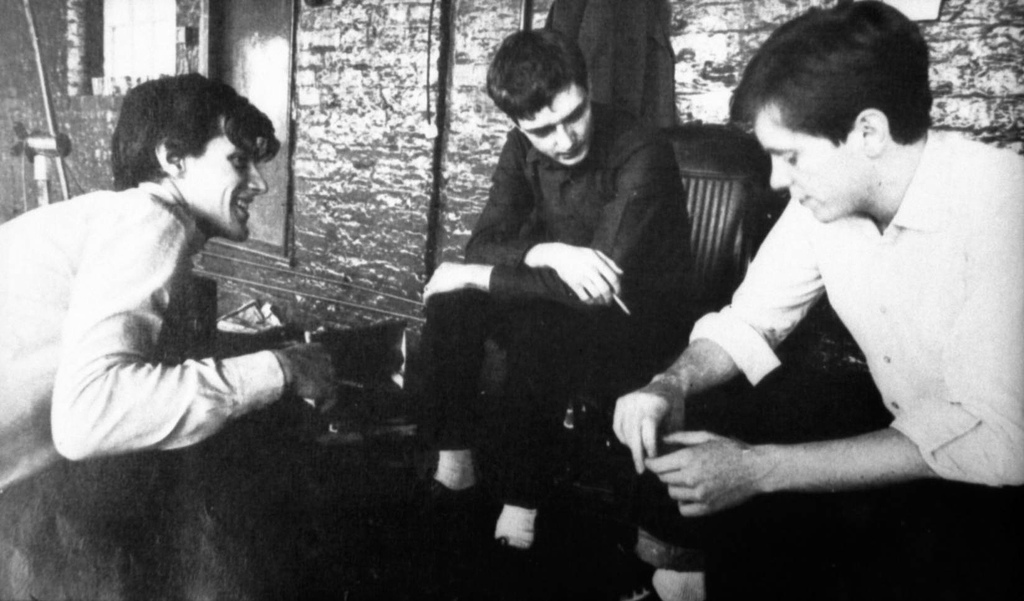
Two other prominent figures in punk, Howard Devoto and Pete Shelley of Buzzcocks, invited the Sex Pistols to play at the Lesser Free Trade Hall. Even though there was an audience of only a mere 42 people, several of the audience members changed their lives and became leaders of music themselves. Examples are Peter Hook and Bernard Sumner, who created Joy Division, which turned into New Order, Morrissey, who formed the Smiths, producer Martin Hannett, Mark E. Smith, who formed the Fall, music journalist Paul Morley, and most importantly, the man who helped define Manchester, television presenter and creator of Factory Records, Tony Wilson.
Tony Wilson was a presenter for a TV show called So It Goes, which aired on Granada Television from 1976 to 1977. So It Goes was famous for broadcasting the blooming punk movement of the 70s. The show had acts like the Sex Pistols, which was their first television appearance, The Jam, who started out punk but later became forefronts of the mod revival movement, The Clash, who are possibly the most versatile punk band of all time, Siouxsie and the Banshees, one of the founders of gothic rock, and Iggy Pop, who was also involved in the punk scene of New York. After its cancellation, Tony Wilson became further interested in the music scene. Tony, along with Rob Gretton and Alan Erasmus, formed independent record label Factory Records. The first EP released by the label was a collection of music from bands who played at the Factory club, which were The Durutti Column, Cabaret Voltaire and Joy Division. The first ever album released by Factory Records was the acclaimed Unknown Pleasures by Joy Division, on June 15, 1979. After the release of Unknown Pleasures, Joy Division was planned to embark on a tour in the US, however, on May 18, 1980, frontman Ian Curtis, who suffered from epilepsy and depression, committed suicide. He was only 23 years old. Factory issued the posthumous album Closer on July 18, 1980, which was also critically acclaimed, recognized as the defining release of the post-punk era.
The death of Ian Curtis did not stop the surviving members of the band, Bernard Sumner, Peter Hook and Stephen Morris, and they decided to remain as a band under a different name, New Order. With the band, Factory Records decided to open up a nightclub called The Hacienda. The Hacienda was a popular attraction in Manchester, and there was also a huge commercial success of New Order single “Blue Monday” The landmark in the expansion of music scene was the release of Happy Mondays’ debut album Squirrel and G-Man Twenty Four Hour Party People Plastic Face Carnt Smile (White Out) in 1987. Happy Mondays, along with bands like The Stone Roses, 808 State, Inspiral Carpet, etc, became the trailblazers of the “Madchester” genre. The term Madchester was coined by the Factory themselves, and the genre, influenced by alternative, psychedelic and electronic dance, continued to garner success in the late 80s and the early 90s.
Unfortunately, the Madchester craze came to a decline. Factory Records were losing money by the minute, and they have been since the Hacienda opened up. Happy Mondays spent recording their fourth album in Barbados, and New Order spent an estimated 400,000 euros on their album Republic, and in 1992, Factory Records declared bankruptcy, and the Factory became defunct. The Hacienda remained until 1997, which was a success for the police, since forces were pushing to have it closed because of the popularity of ecstasy and organized crime. The media also contributed to the decline, since they decided to focus more on the rising U.S grunge scene, and the Britpop scene in the UK.
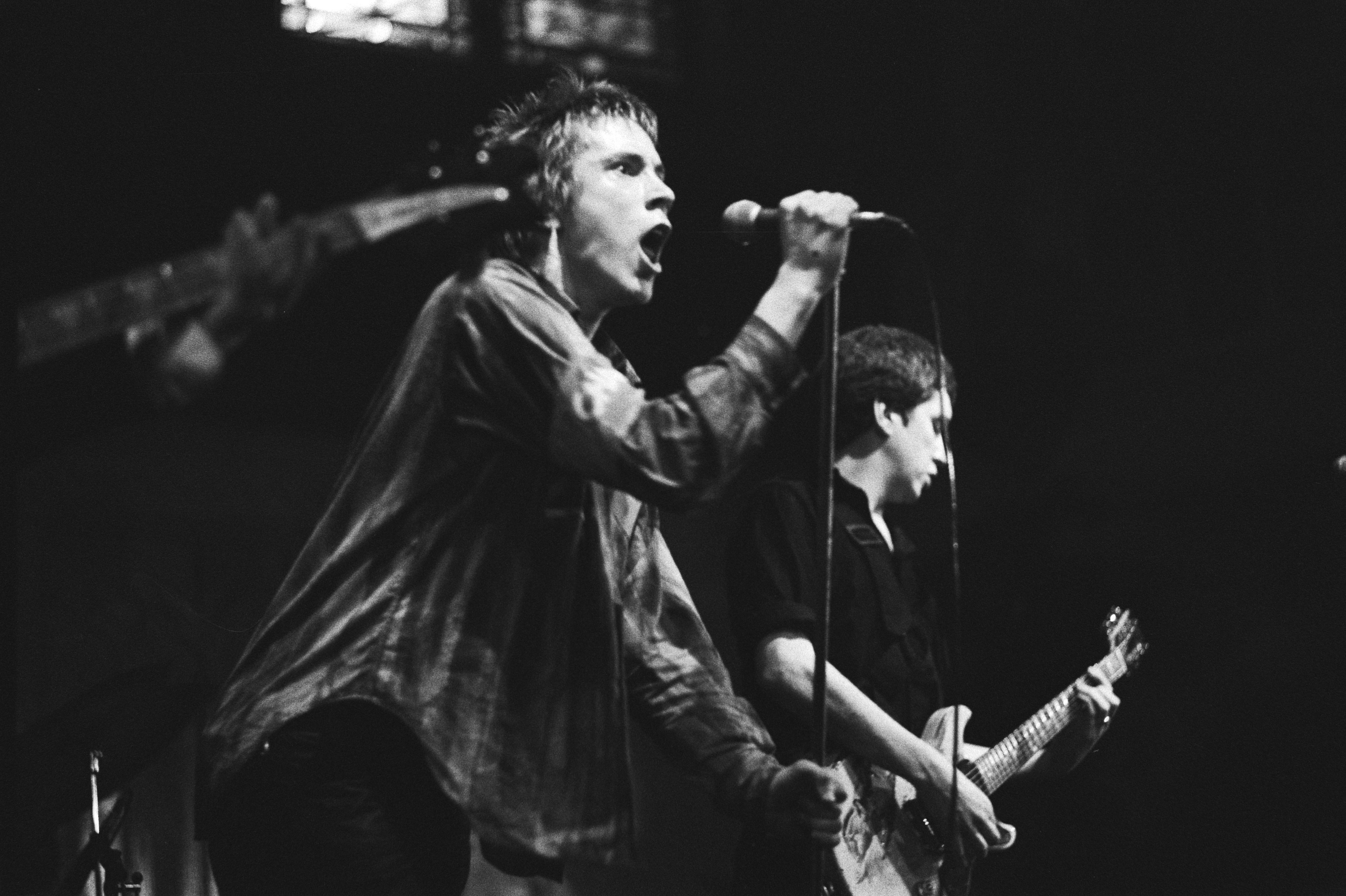
The scene has made a lasting impact on other bands, such as Britpop artists like Oasis, Blur, and The Verve. The scene also made an impact on the city itself. The University of Manchester was the most sought after destination for university applicants in the UK in 1990, because of the attraction to the city that came along with the music. In the late 1990s, a walk of fame was commissioned at the Oldman Street in Manchester, and it pays homage to the Stone Roses, Happy Mondays, Inspiral Carpets and 808 State. These events even inspired two movies, one called 24 Hour Party People, which follows the story of Tony Wilson and Factory Records, and is directed by Michael Winterbottom and starring Steve Coogan as Tony Wilson. The other is called Control, which follows the story of Ian Curtis, the lead singer of Joy Division, and is directed by Anton Corbijn, and stars Sam Riley as Ian Curtis.
Sure, the trends of the Madchester scene is long gone, however the legacy is still there, in both the music and the ever changing culture. Unfortunately, the movement never expanded to the US, but Tony Wilson was right. It’s Manchester, they’ll always do it differently there.




